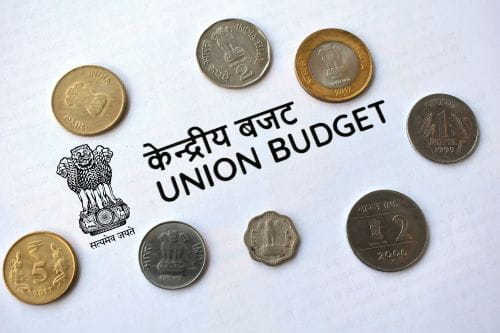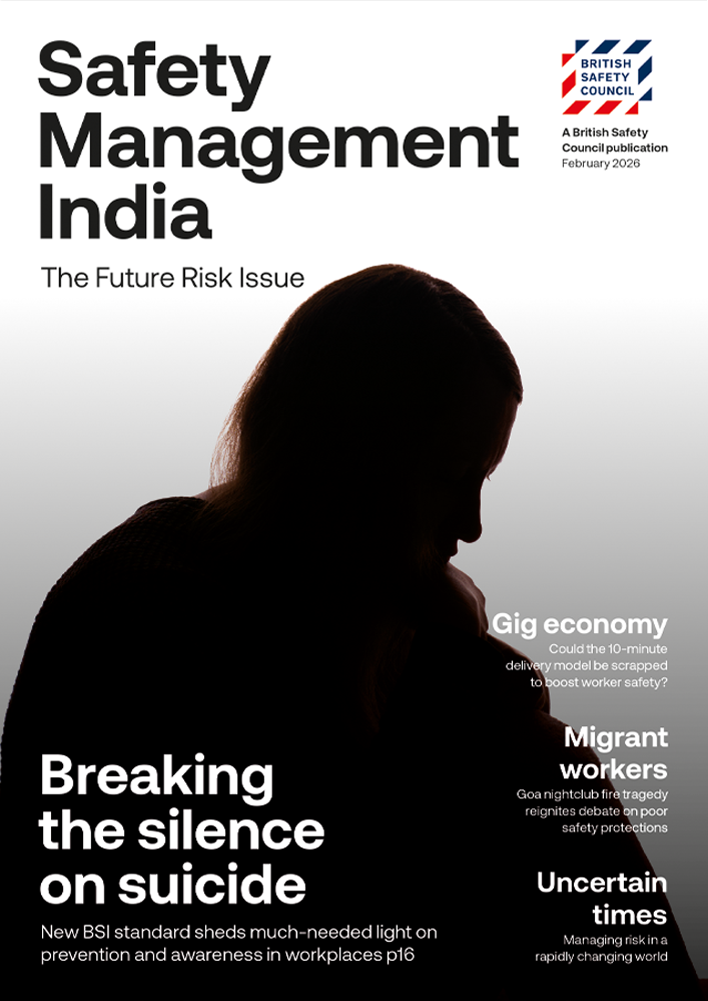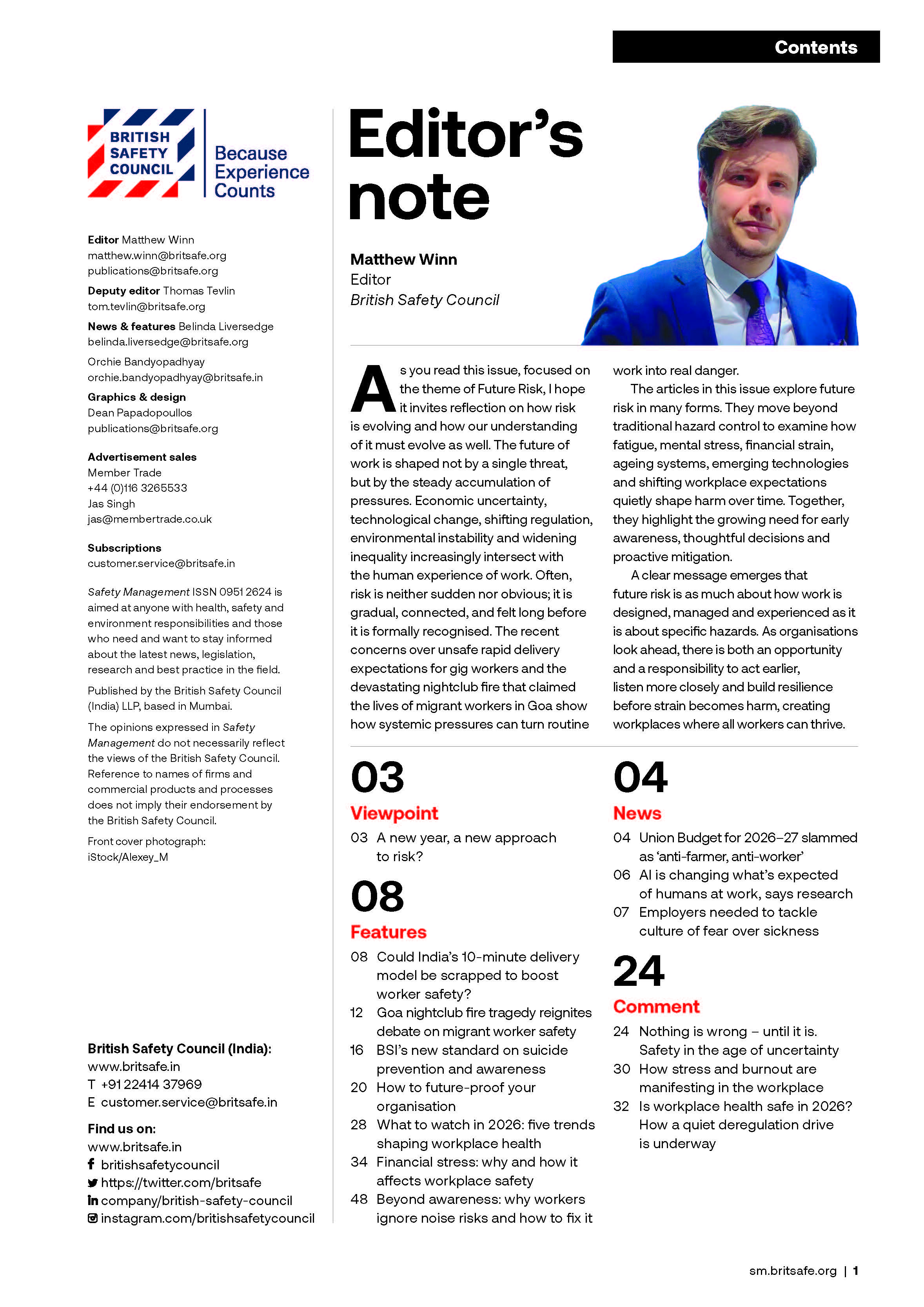The Indian Government and employers are facing renewed calls for action to protect workers and public officials from violence and aggression from the public following the latest string of high-profile assaults on employees, public officials and politicians, ranging from airline staff to highway engineers, civic officials to even chief ministers.
News
Violence at work: latest round of high-profile assaults highlights risk to India’s workers and public officials
On 26 July, an Indian army officer, Lieutenant Colonel Ritesh Kumar Singh, allegedly assaulted four airline check-in staff at Srinagar Airport in Kashmir in a row over excess cabin baggage.
According to a statement by SpiceJet airline, the army officer, who was due to board a flight to Delhi, was carrying two pieces of cabin luggage, weighing 16 kilograms (kg), despite the maximum carry-on luggage allowance being 7kg.

“When politely informed of the excess baggage and asked to pay the applicable charges, the passenger refused and forcefully entered the aerobridge without completing the boarding process – a clear violation of aviation security protocols. He was escorted back to the gate by a Central Industrial Security Force official,” SpiceJet said in the statement.
“At the gate, the passenger grew increasingly aggressive and physically assaulted four members of the SpiceJet ground staff,” it added.
Video clips of the incident, which soon went viral online, show the army officer charging at the SpiceJet staff and repeatedly hitting them with a metal stand used at manage passenger queues at check-in gates.
The attack left one employee unconscious and another suffered serious facial injuries, including a fractured jaw.
Singh was subsequently given a five-year flying ban by India’s Director General of Civil Aviation and an FIR (First Information Report) alleging multiple instances of serious assault has been lodged with Kashmir state police. The Indian Army said it is cooperating with the investigation, although Singh has denied the charges, claiming he was “provoked” by the SpiceJet employees.
Railway official assaulted
Meanwhile, in a separate incident in April this year, a Government Railway Police official in Bhopal was attacked and stripped of his uniform after asking a group of men not to consume alcohol in a public place.
And in yet another instance of assault on people at work, in Shimla, the capital of Himachal Pradesh state, a manager with the National Highways Authority of India (NHAI) and his site engineer were allegedly assaulted by Anirudh Singh Rana, Rural Development and Panchayati Raj Minister in the Indian Congress Party-ruled Himachal Pradesh State Government, in the presence of a local sub divisional magistrate while inspecting a site at a hill station where a five-storey building had collapsed. The manager, named Achal Jindal, and the engineer, who was identified only by his first name, Yogesh, were hospitalised after the attack, with Jindal suffering head injuries.
Ranjana Verma, the owner of the collapsed building, had complained that work by the NHAI to expand the nearby highway had made the building unsafe, and nothing had been done to ensure its stability.
According to newspaper reports, the two NHAI officials briefed the minister about the collapse, which was 30 metres from the National Highway right of way (NH–ROW). However, when they informed Minister Singh that, in line with an official agreement between NHAI and Himachal Pradesh State Government, the cost of any damages incurred to buildings and structures outside the NH–ROW would have to be covered by Himachal Pradesh’s Government, the minister allegedly began to use rude language towards the officials.
“The minister called me and my site engineer Yogesh to a room and physically assaulted me in front of the local residents,” Jindal told local police, in comments reported widely in national media. “He even hit me in the head with a vessel containing water, following which I started to bleed.”
Union Minister Nitin Gadkari subsequently publicly condemned the incident as “deeply reprehensible and an affront to the rule of law”. Local police have since charged Rana with multiple counts of assault.
NHAI chairman Santosh Kumar Yadav also wrote to the most senior civil servant in Himachal Pradesh’s Government, chief secretary Prabodh Saxena, demanding a detailed inquiry into the incident. “The NHAI is executing projects worth Rs 23,729 crore in Himachal and morale of NHAI officers would be affected if action is not taken as per the law,” he said.
Civil servant assaulted
A similar case was reported in Odisha in August when another senior civil servant, Bhubaneswar Municipal Corporation’s Additional Commissioner Ratnakar Sahoo, was assaulted inside his office during a grievance redressal meeting. Video footage showed a group of young men manhandling the officer, dragging him out of the building, and hurling abuse.
Following the incident, former chief minister of Odisha Naveen Patnaik Odisha called on the State Government’s chief minister Mohan Charan Maj to take immediate action to identify and punish the perpetrators. In a post on X, he said: “I ask @MohanMOdisha to take immediate and exemplary action against not only those who perpetrated but more importantly the political leaders who orchestrated and conspired this shameful attack.
“The people named by the officer in his FIR have behaved like criminals. If a senior officer is not safe in his own office, then what law and order will ordinary citizens expect from the Government?”
However, it isn’t just senior civil servants, senior staff working for government-funded agencies like the National Highways Authority of India or airline check-in and ground staff who have fallen victim to violence and aggression from the public or even allegedly senior politicians, top political leaders have also been subject to violent attacks. On 20 August, Delhi’s chief minister Rekha Gupta was assaulted by a man from Gujarat during a Jan Sunwai (public hearing) at her office in the Civil Lines district of North Delhi. The accused was in Delhi to protest against the Supreme Court’s recent order on relocating stray dogs in the capital, when he allegedly attacked the minister.
These incidents reflect a broader global trend.
A 2021 survey by the International Labour Organization (ILO), Lloyd’s Register Foundation and Gallup found that over 22 per cent of 75,000 workers in 121 countries have faced some form of violence or harassment at work. Young people, migrants, women and low-wage earners were reportedly the most vulnerable.
“Violence and harassment in the world of work is a pervasive and harmful phenomenon, with profound and costly effects ranging from severe physical and mental health consequences to lost earnings and destroyed career paths to economic losses for workplaces and societies,” the three organisations said in the 56-page report.
NEWS

Manufacturers call for full implementation of Mayfield Review to tackle UK sickness crisis
By on 26 February 2026
Trends in wellbeing and long-term ill health are “worsening with the size of the problem growing, not shrinking,” the UK’s manufacturing association Make UK has warned.


Union Budget for 2026–27 slammed as ‘anti-farmer, anti-worker’
By Orchie Bandyopadhyay on 13 February 2026
The Union Government’s claim its 2026–27 Budget will improve the lives of the “poor, underprivileged and the disadvantaged” has been met with sharp criticism, with opposition parties claiming the announced measures fail to tackle deep-rooted problems such as youth unemployment, falling standards of living in the agricultural community, and inadequate salaries for key public health workers.



